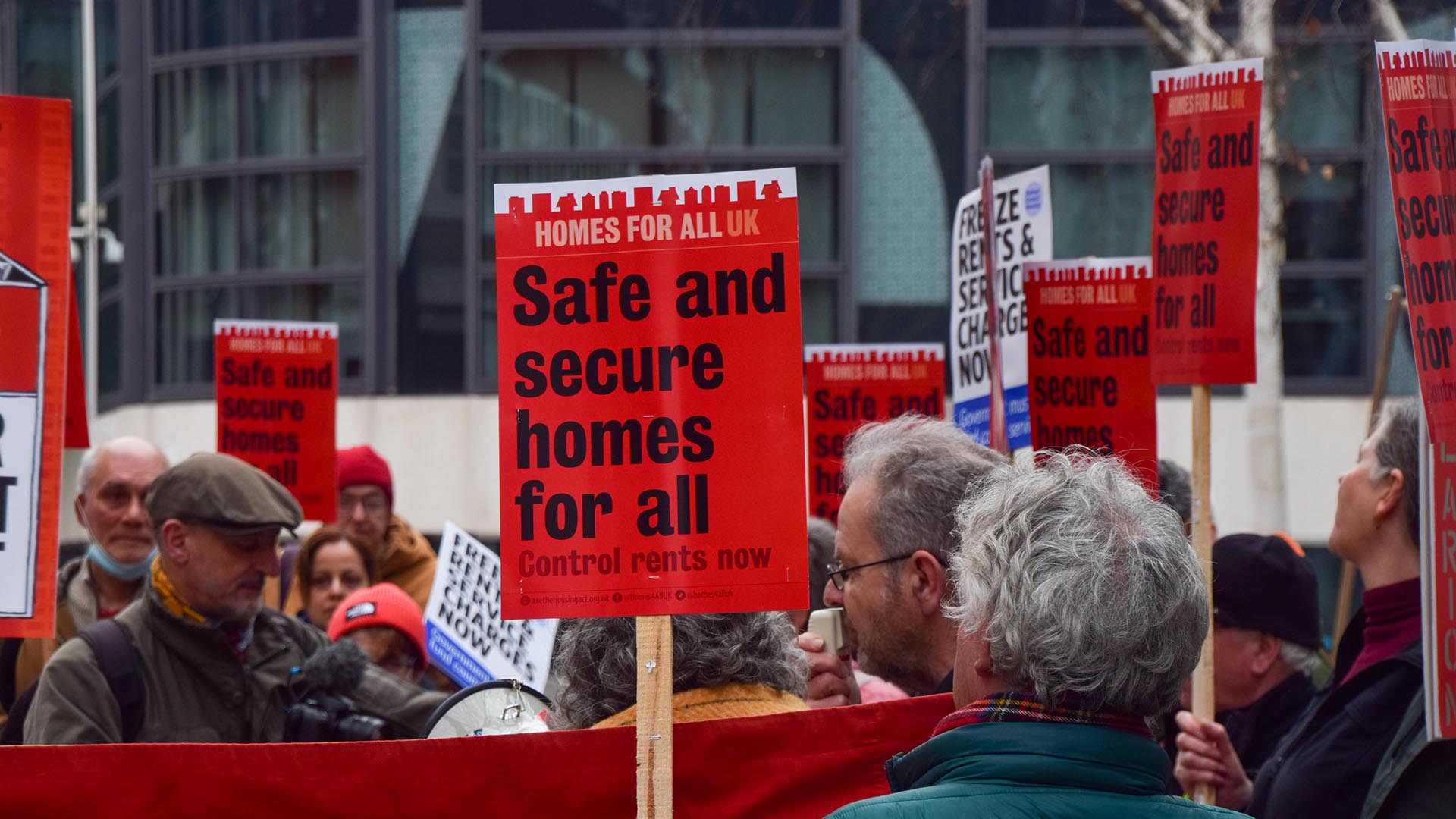The warning was there. It wasn’t obscured, it wasn’t couched in double speak, it was plain and it was stark. Almost a year ago to the day the charity Crisis warned of a tidal wave of homelessness coming. Nearly 97 per cent of the councils in England they spoke to said they feared an increase was inevitable. The reasons included, most prominently, an end to the eviction ban, introduced to protect the poorest during Covid, and loss of the £20 uplift in universal credit. This came before the terrifying scale of the cost-of-living crisis and soaring inflation was known.
And whaddayaknow – it happened! And it’s not slowing. The government’s own most recent figures for England showed an increase of 4.4 per cent in people who, in the distancing language of homelessness, were assessed as homeless or threatened with homelessness and owed a statutory homelessness duty. Not having a reliable roof over your head brings its own codified phrasing. That’s 75,860 households. That’s only between July and September last year.
Your support changes lives. Find out how you can help us help more people by signing up for a subscription
Within the numbers, there is a particularly scary detail. There was a rise of 34.4 per cent in a year of households threatened with losing their home due to a section 21 notice – a no fault eviction. This is what Crisis warned about. At Big Issue we also have been sounding the alarm about this since Covid, and calling for action. We have asked the government to get serious. Section 21 means landlords can pull the plug on a tenancy with no reason, leaving families vulnerable to all that follows.
These are only going to increase – not because of antisocial behaviour of tenants, but because of the market. There isn’t nearly enough housing stock, in the social or private sector. In the private market, landlords can turbo-boost their demands, and keep churning through tenants as the rent cost goes up. While this is not unique to Westminster, and pressures are bearing heavily on housing and homelessness problems across the devolved nations, there is particular focus on decisions made in London because that is where the money is and that is where legislative change comes from.
And what has the government done in the teeth of warnings that clanged so forcibly a year ago? Very little. The Rental Reform Bill, that was due to address many of the issues around tenancies and section 21, has been kicked into the long grass. And while ministers could have been addressing ways to arrest escalating poverty and homelessness, they became self-obsessed, lost themselves in internecine war, nearly collapsed the economy and now have decided to lead with a performative, morally broken, unworkable plan to show they are tough on those from outside Britain who are at most risk. Refugees are NOT the problem. We are now in the period of governance by soundbite.









